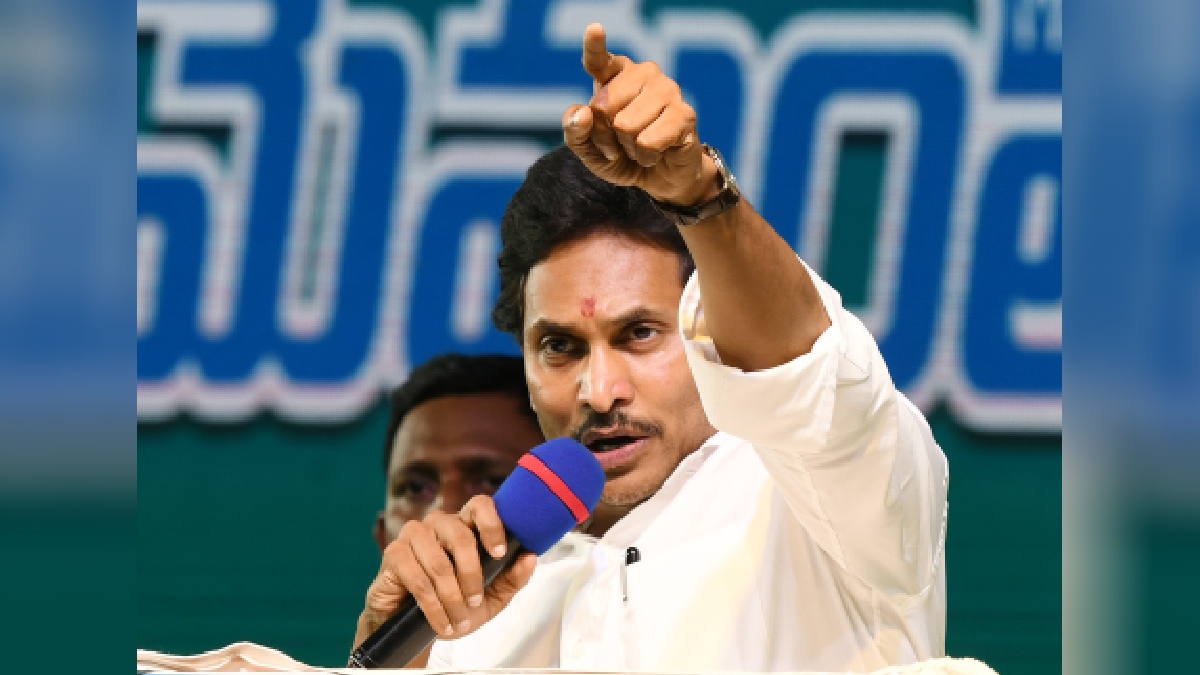Taiwan's Ma vows to maintain status quo with China
WASHINGTON, Mar 23 (Reuters) Taiwan's main opposition leader and potential presidential front-runner has vowed to uphold the status quo with China, rejecting both independence and early unification with the communist-ruled mainland.
Ma Ying-jeou, chairman of the Nationalist Party and mayor of Taipei, said if his party wins the presidency in the 2008 election, he would reopen talks with China on mutually accepted terms.
''We will not pursue Taiwan's de jure independence, nor will we pursue the policy of immediate unification,'' Ma told Reuters Television in an interview in Washington yesterday.
''This is a policy that really fits the needs of the United States, Japan, mainland China and the Taiwanese people,'' said the 55-year-old Ma, seen by many as the opposition's best bet for victory in the 2008 polls.
''We think we should maintain the status quo so that mainland China would have no excuse to use force against Taiwan and if they do, I think it would not be legitimate and the U.S.
would have much more legitimacy to help us.'' China views Taiwan as a breakaway province and has threatened to attack if it pushes for formal statehood.
Taiwan's relations with China have been strained since February when pro-independence President Chen Shui-bian scrapped the National Unification Council, a dormant but politically significant body aimed at one day reuniting China and Taiwan.
Ma's Nationalist Party, also known as the Kuomintang, favors closer ties with China and has criticized Chen's move.
In a speech at the American Enterprise Institute in Washington, Ma vowed to resume talks that have been frozen since before the election in 2000 of Chen, whose Democratic Progressive Party champions an independent Taiwan identity.
''If the Kuomintang is able to come back to power in 2008, we certainly will resume the interrupted negotiations based on the 1992 consensus, namely one China, different interpretations, this has been accepted by mainland China,'' Ma said, referring to a formula agreed 14 years ago in Singapore.
The United States recognizes the ''one-China'' policy, but in a deliberately ambiguous piece of foreign policy it is also obliged by law to help Taiwan defend itself.
U.S. President George W. Bush has offered what would be the biggest arms sales to Taiwan in more than a decade. But the Nationalist-led opposition, which controls a slim majority in parliament, has repeatedly blocked the deal.
Ma was cautious when asked about the stalemate over the package of advanced weaponry offered by Washington in 2001, ''We support reasonable purchase of arms from the United States, we need adequate defense capability (and) we want to demonstrate our determination to defend ourselves,'' he said.
The Nationalists once ruled all of China and fled to Taiwan after losing the Chinese civil war in 1949. The party enjoyed uninterrupted rule of the island until 2000, when it lost to Chen's party.
Reuters DH VP0537


 Click it and Unblock the Notifications
Click it and Unblock the Notifications




